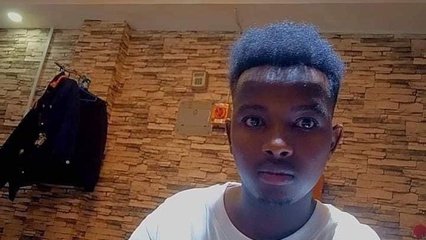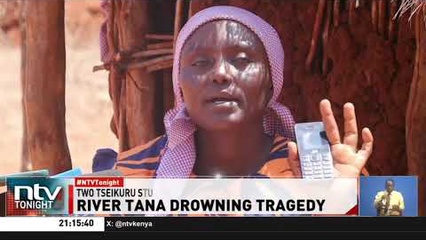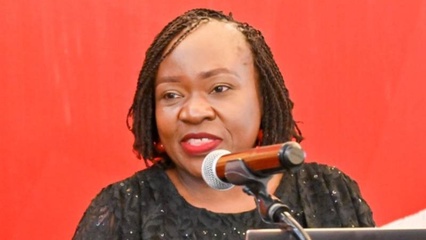Why Ruto’s Computer Misuse and Cybercrimes Act is bad for Gen Z

Kenya’s recent update to its cybercrime legislation — the Computer Misuse and Cybercrimes (Amendment) Act — alongside proposed stricter social media regulations, is set to reshape how young Kenyans interact online. For Generation Z (those born roughly between 1997 and 2012)..
✨ Key Highlights
Kenya's recent Computer Misuse and Cybercrimes (Amendment) Act and proposed social media regulations are set to significantly impact Gen Z's online interactions, introducing stricter oversight and tougher penalties. While aiming to curb cybercrime, critics fear these changes could limit free speech and raise privacy concerns for young Kenyans.
- The amendments broaden cyber offense scope and grant authorities expanded powers for content removal, app blocking, and account verification.
- New verification rules linking online accounts to legal IDs may reduce anonymity and increase self-censorship among young people.
- Penalties for cyber offenses, including impersonation and phishing, have been made harsher.
- For Gen Z creators, new restrictions could affect income through account suspensions or verification delays.
- Digital rights advocates balance online safety with freedom of expression, warning against potential censorship and abuse of power.
Continue Reading
Read the complete article from Ghafla! (Entertainment)
Part of the Day's Coverage
Kenya Passes Cybercrimes Act as Inquest Clears DJ Fatxo of Social Media Allegations - October 2025
Kenya's Computer Misuse and Cybercrimes (Amendment) Act has been passed, introducing stricter oversight and tougher penalties for online interactions. While critics fear the changes could limit free speech and raise privacy concerns, social media influencer Amber Ray has publicly backed the bill, stating her belief that freedom comes with responsibility. In a separate event concerning online claims, an inquest into the death of Jeff Mwathi has cleared DJ Fatxo (Lawrence Njuguna) of sexual assault allegations. Two government pathologists testified that their examinations found no evidence of sexual assault. This testimony debunked earlier claims that had circulated on social media.




